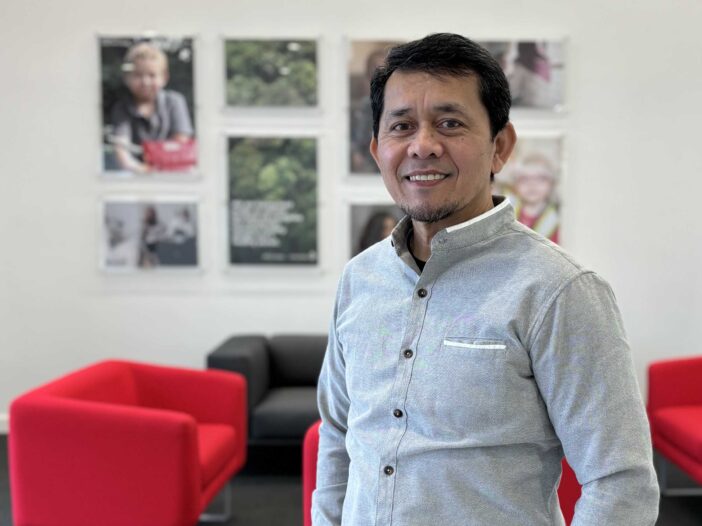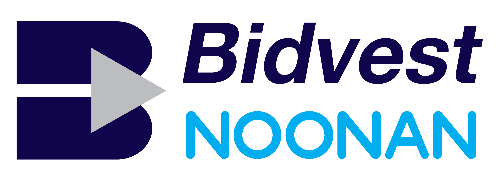
GMP Expert Alexander Escalante’s story at Bidvest Noonan is a powerful example of growth and professional development. Our marketing team met Alexander at a customer site, a leading pharmaceutical company, where they were warmly greeted by a colleague who showed the confidence of a true master in his field. They were keen to hear his story and discover what he believes are the fundamentals for high performance in GMP environments.
Dedication and Drive: The Pillars of Alexander’s Career
Alexander, or as his closest colleagues like to call him, Alex, began his professional journey in the recruitment sector, specifically staffing for cruise lines. This early role gave him a deep appreciation for the importance of every individual’s contribution to a larger operation. This experience subtly influenced his understanding of the significance of each task, no matter how minor, in achieving broader objectives. This insight would become a foundational aspect of his subsequent career in the Life Sciences sector.
Joining Bidvest Noonan in 2004, Alex brought this profound understanding, coupled with strong ambition and passion, to the role. This saw him seize the opportunities to train and develop in the business and he propelled through the ranks which saw him rise from the role of a cleaning operative to that of a GMP supervisor.
Hailing from the Philippines, Alex now has 20 years’ experience in the facilities industry. His role now extends beyond meeting the stringent standards of cleanliness and sanitation in the Life Sciences sector. He plays a vital role in supporting the safe production of life-saving medications, firmly believing that the work he and his team perform is crucial and far from just routine.
During our conversation with Alex, we asked him to identify five fundamentals he believes are key to high performance in GMP environments.
- Ensure Your Team Has the Right Tools
“It might seem obvious, but the foundation of an effective cleaning team lies in providing them with the right tools and resources,” says Alex. He emphasises the necessity of having the latest cleaning equipment, quality materials, and technology. This approach doesn’t just boost efficiency; it ensures the team meets the demanding standards required in pharmaceutical environments. “In this sector, running out of essential supplies can disrupt the creation of a clean and safe environment,” he adds.
- Invest in Comprehensive Training and Mentoring
Training is more than just imparting knowledge; it’s about shaping understanding and commitment. Alex advocates for a robust training program that guides team members to understand the ‘why’ behind their tasks. “This method results in a team that’s not just technically skilled but also deeply committed to the significance of their roles,” he notes. “In environments like these, there’s no room for lapses in training, so it’s of the utmost importance.”
Bidvest Noonan has some exciting new plans for our people in the life sciences sector. These plans are set to enhance how we train our colleagues particularly in GMP environments, ensuring even higher standards and expertise.
- Create a High-Standards Mindset
Encourage your team to appreciate the impact of their work. Alex suggests, “Help your team understand their crucial role in the broader context of the site you work at. For instance, some of our teams at Bidvest Noonan work with customers who produce life-saving medication.” Realising this often elevates daily tasks to a mission, where there is a collective focus on its success. This creates a strong culture of excellence and meticulous attention to detail.
- Strict Adherence to SOPs
“Each Life Sciences site has its specific Standard Operating Procedures (SOPs), and adhering to these is paramount,” Alex points out. Following these SOPs rigorously is vital to maintain the integrity of cleaning processes and uphold the necessary standards for safe pharmaceutical production. “We want our customer to rest assured knowing that the service we deliver will never interrupt their operations, only support it”.
- Promote Open Communication and Safety
Creating an environment where team members can express concerns and observations freely is essential. “A culture that prioritises safety and proactive problem-solving can significantly improve performance,” Alex explains. Encouraging a setting where every issue, big or small, is addressed can lead to a reduction in lost-time accidents at customer sites.
